Robinhood Launches Tokenized Stocks: What It Means for Investors
Robinhood’s Tokenized Stocks: A New Era for Market Investing
Tokenization has become one of the biggest trends in the cryptocurrency sector over the past year. The concept is gaining real traction as blockchain technology begins to impact traditional stock market investing—most notably with Robinhood Markets’ (NASDAQ: HOOD) launch of tokenized stocks.
What Are Tokenized Stocks?
Tokenized stocks involve converting real-world stocks into digital tokens that operate on a blockchain. Each token represents ownership of a corresponding share, and these tokens can be traded much like any other cryptocurrency asset. Robinhood’s platform enables trading of these digital assets, with trading currently available 24 hours a day, five days a week, and plans to expand to 24/7 trading soon.
Essentially, think of tokenized stocks as digital replicas: Robinhood purchases the actual stock and then issues a digital token tied to its value. Price movements of the token are designed to mirror the movements of the underlying stock on a one-to-one basis.
Advantages of Tokenized Stocks
Tokenization offers several benefits to retail investors:
- Enhanced liquidity: Blockchain-based trading can make buying and selling stocks quicker and easier.
- Expanded trading hours: Investors are no longer limited by traditional market operating times.
- Fractional ownership: Tokenization allows investors to buy fractions of a share, increasing accessibility to high-value stocks.
- Blockchain transparency and security: Smart contracts and blockchain records make transactions more secure and transparent.
Robinhood is initially launching these tokenized stocks in Europe, granting investors in that region access to over 200 U.S. stocks and ETFs in digital form. This move opens the door for broader participation in U.S. markets from Europe and may soon expand globally.
Potential Downsides
Despite these advantages, tokenized stocks have some drawbacks:
- No traditional stockholder rights: Token holders typically don’t receive voting rights and may not always get dividends directly.
- Variable smart contracts: Dividend payments and other benefits depend on how each token’s smart contract is designed.
- Private company tokens: The landscape becomes more complex with tokenized equity in private firms. For instance, Robinhood’s event in France saw distribution of tokens for companies like OpenAI and SpaceX—tokens that do not equate to real equity or official company involvement.
Investors are advised to carefully review each token offering, particularly as private company tokens may not represent legal ownership.
The Broader Impact & Regulatory Challenges
Robinhood suggests that tokenized stocks can democratize access to previously exclusive investments, shifting influence from venture capitalists and wealthy investors to the wider public. This could blur the boundaries between public and private equity markets and force a rethink in company valuation mechanics.
For now, U.S. regulatory constraints mean these products are only available to European investors. However, competition is intensifying, and multiple crypto platforms are pursuing tokenized stock products for the U.S. market. Mainstream availability in America could become a reality within the next year.
Tokenized stocks are likely just the beginning of further innovations at the intersection of blockchain and mainstream finance.
This content is for informational purposes only and does not constitute financial advice.

